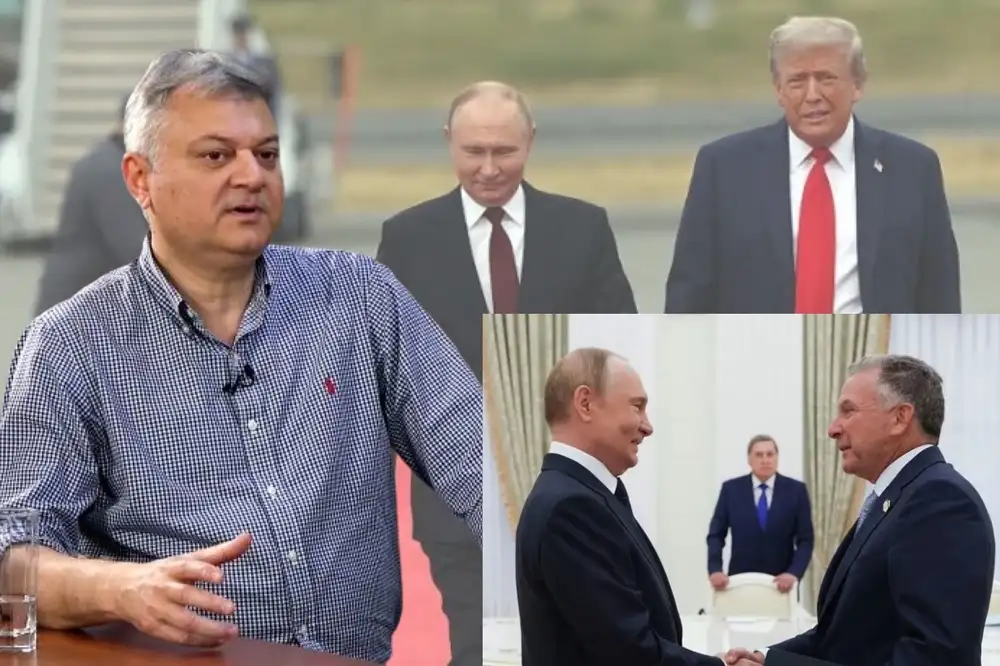Radar Armenia's interlocutor is political scientist Artashes Khalatyan.
- How do you assess the current stage of Armenian-American relations, considering the visit of US Deputy Secretary of State Richard Verma to Armenia?
- There is a slow but steady deepening in Armenia-US relations. There are quite a lot of constraining circumstances on both sides: in the case of Armenia, it is the enormous economic dependence on Russia, remaining in Russia-centric integration associations, the presence of a Russian armed contingent in Armenia, in the case of the USA, the allied relations with Turkey, the strained relations with Armenia's friend Iran, of course, the unprecedented confrontation with Russia. , the importance of Azerbaijan's energy reserves for European energy security and, due to this, certain constraining circumstances.
Despite all this, the parties realize that they are in the same boat regarding values; so to speak, they are valuable allies, and, accordingly, there are prerequisites for bringing the relationship to a strategic and institutional level in the long term. The noticeable increase in mutual visits speaks of the development trends of relations. Moreover, an attempt is being made to diversify the sectoral composition of cooperation. From defense to the economy, democratic reforms to local self-government, and decentralized cooperation.
- Russian Deputy Foreign Minister Mikhail Galuzin stated that CSTO work is proceeding systematically, leaving Yerevan behind. He added that no matter what Western countries promise, there are no effective alternatives to CSTO as a mechanism for ensuring Armenia's security. How do you interpret his statement?
- The statements coming from Russia and getting tougher are surprising. It seems that Russia is provoking Armenia, which is still constrained, to sever the security ties that are still maintained thoroughly, and if we add to that, the idea spread in the Russian expert field that Armenia's economic relations with Russia cannot exist without defense and security ties, it turns out that Russia deliberately pushes Armenia away, pushing the latter to take asymmetric steps.
- Where are the Armenian-Russian relations going?
- It is evident that, at least at the public level, Russia has no tendency or perception to review its policy towards Armenia. Instead, mercantile economic interest continue to dominate Russian politics, making Russia increasingly dependent on China and the Turkish-Azerbaijani tandem. Although Armenia objectively has a limited field of maneuver in many issues, it must consistently diversify its foreign policy and draw the necessary conclusions from Russia's behavior.
Hayk Magoyan


















